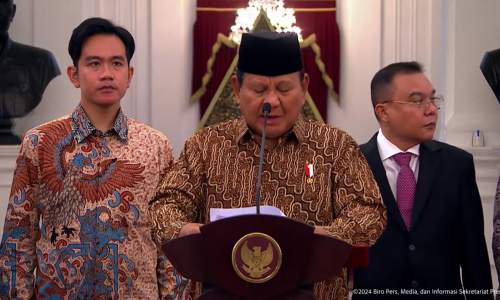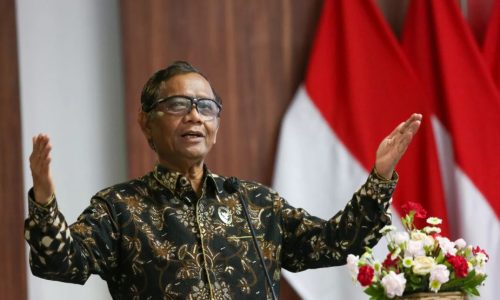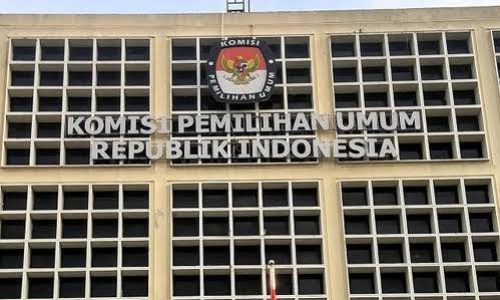The funding landscape for renewable energy projects in Indonesia is still largely dominated by small-scale initiatives. While foreign investors have shown significant interest in renewable energy projects, there remains a disconnect between these investors and local industry players.
Pradana Murti, Director of Risk Management at PT Sarana Multi Infrastruktur (SMI), said that SMI has been appointed as the Energy Transition Mechanism (ETM) Country Platform Manage, responsible for driving the energy transition within the country.
For context, the ETM country platform is a framework designed to provide the necessary financing to accelerate the national energy transition by mobilizing both commercial and non-commercial funding sources sustainably. As the ETM country platform, SMI’s role is to coordinate financing for energy transition projects.
Pradana mentioned that SMI has financed 2.2 gigawatts of renewable energy projects. The development of this 2.2 GW of renewable energy capacity stems from more than 50 projects.
“As you can imagine, these projects range from small to medium scale,” he said while speaking at the Katadata SAFE 2024 event in Jakarta on Wednesday, August 7, 2024.
This contrasts sharply with large-scale dirty energy projects, such as coal, where a 2.2 GW capacity could be achieved with just two coal projects.
“That’s the challenge − we need to push funding mobilization towards energy transition projects,” Pradana added.
He also pointed out that many investors are interested in financing energy transitions in Indonesia. However, more efforts are needed to connect these investors with local industry players.
“It’s just a matter of matching the projects with the donors, ensuring that the funded projects meet the necessary criteria, and that donors understand the projects,” he said.
Meanwhile, Masyita Crystallin, Partner and Head of Asia Pacific, emphasized that ASEAN countries need transition financing. Transition financing is a new approach aimed at supporting companies that are working to continuously reduce greenhouse gas emissions in line with long-term strategies to achieve a decarbonized society.
“For instance, there are activities that a country or economic society needs to undertake, which may not yet be classified as green, such as the early retirement of coal-fired power plants,” she said.
She added that building the ecosystem for transition financing is crucial, especially in developing countries. Many coal-fired power plants in these countries are 15 to 20 years younger compared to those in developed nations.
Therefore, she suggested that transition financing activities need to be clearly defined at a global level. Transition financing should also be incorporated into the sustainable taxonomy of various countries.









